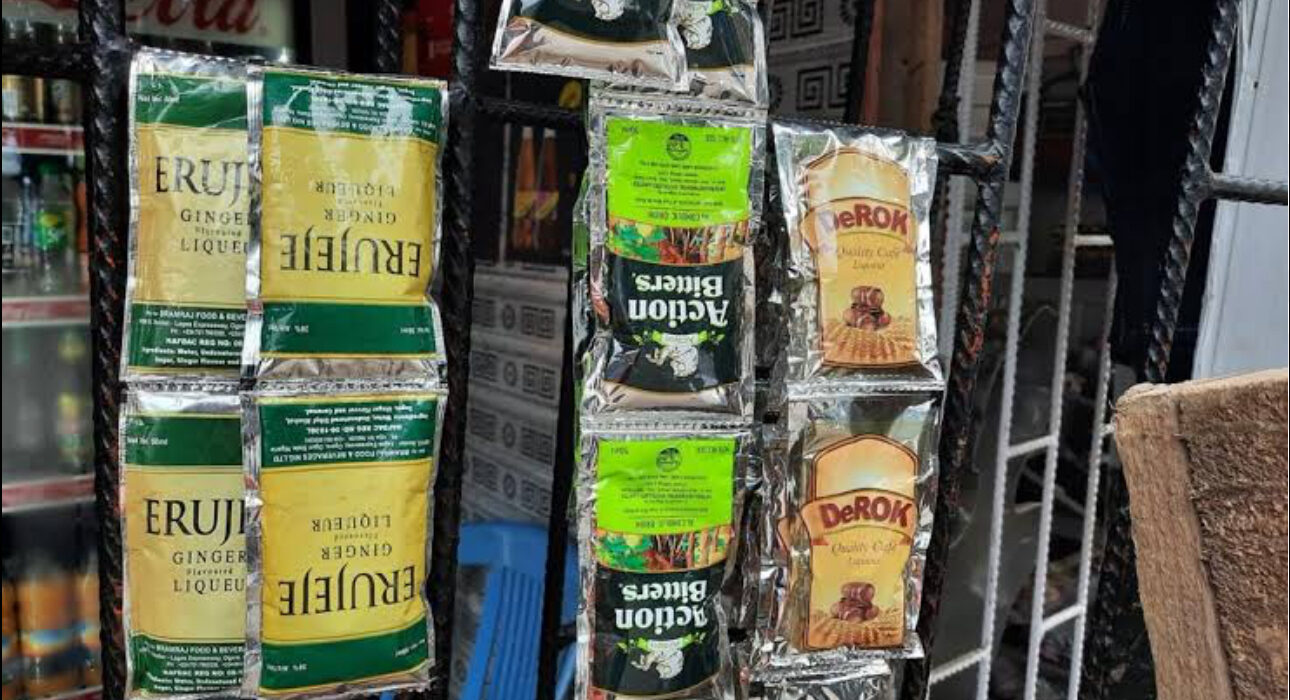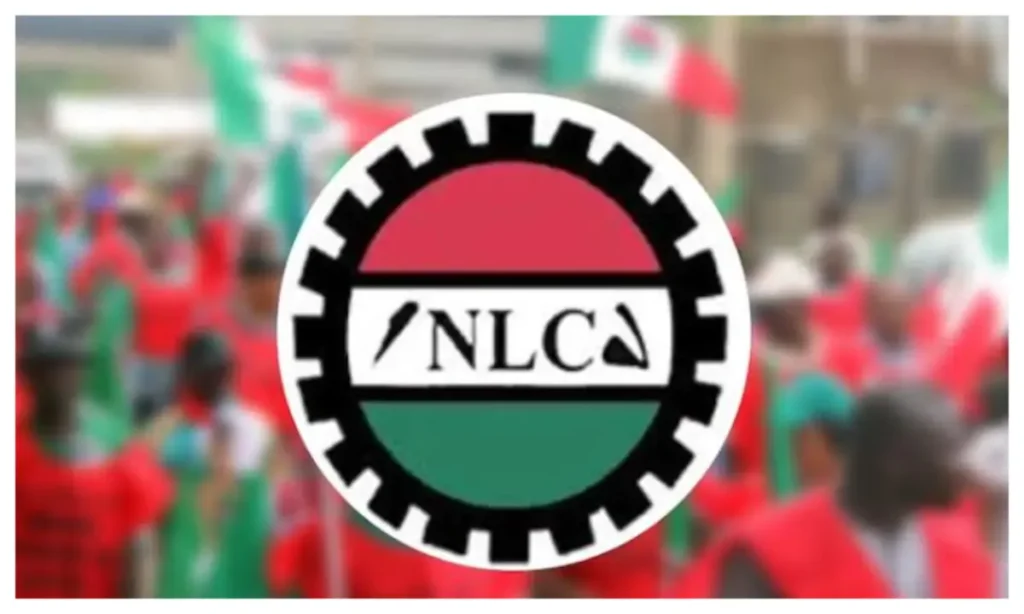NAFDAC Temporarily Lifts Ban on Sachet Alcohol, Full Enforcement Set for 2025

The National Agency for Food and Drug Administration and Control (NAFDAC) has announced a temporary suspension of its ban on the production and sale of sachet and small bottled alcohol, setting a new deadline of December 31, 2025 for full enforcement.
The move comes as a strategic adjustment aimed at giving manufacturers, regulatory bodies, and stakeholders in the alcoholic beverage industry additional time to align with the impending restrictions.
Speaking in Abuja, Kenneth Azikiwe, Director of NAFDAC’s Federal Capital Territory (FCT) Directorate, clarified that the decision to pause the ban was not a reversal but a transitional measure to ensure smoother implementation of the policy.
He emphasized that the regulation is ultimately meant to protect public health, particularly targeting the growing incidence of underage and irresponsible alcohol consumption.
“The temporary lifting of the ban is to allow time for all stakeholders to prepare for complete enforcement by the end of 2025.
“We are actively engaging with industry players, community leaders, and the public to ensure broad-based awareness and compliance,” Azikiwe explained.
The regulation, first introduced in 2018 and enforced in phases, prohibits the manufacture, distribution, and sale of alcoholic beverages in sachets and small PET/plastic bottles of 200ml and below.
These products are widely consumed across Nigeria, particularly among young people and low-income earners, due to their affordability and portability.
NAFDAC has consistently raised concerns that the widespread availability of these products contributes to increased rates of alcohol abuse, underage drinking, and related social problems.
“Every sachet and small bottle of alcohol we allow in circulation sends a message to our youth. We must ensure that alcohol is not as accessible as a bottle of water,” Azikiwe said.
In the lead-up to full enforcement, NAFDAC has intensified public sensitization campaigns across the country. Officials are visiting markets, motor parks, and schools to educate citizens about the dangers of alcohol misuse and the upcoming changes in regulation.
Furthermore, NAFDAC reminded sellers and consumers that all alcoholic beverages are required by law to carry the “Not for sale to persons under 18” label. Retailers found violating this rule may face legal penalties even before the final ban takes effect.
The alcohol industry has previously raised concerns about the socio-economic impact of the ban, especially in terms of job losses and informal-sector disruption. The new 2025 deadline allows manufacturers more time to explore alternative packaging methods, scale back production, or restructure operations.
NAFDAC has reiterated that this grace period is final. After December 31, 2025, no sachet or small bottled alcoholic product will be permitted in the Nigerian market.
Public health experts have praised the agency’s long-term stance, calling it a necessary intervention to curb alcohol-related harm, especially among vulnerable groups.
“This is about protecting lives and the future of our youth,” said a public health official in Lagos. “By targeting the most easily abused forms of alcohol, Nigeria is taking an important step toward responsible alcohol regulation.”
As the countdown begins, NAFDAC is calling on manufacturers, civil society, community leaders, and consumers to join efforts in ensuring a responsible transition toward healthier alcohol consumption practices.









